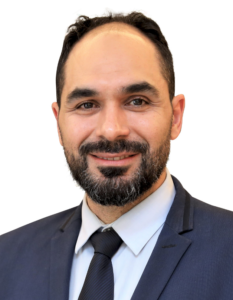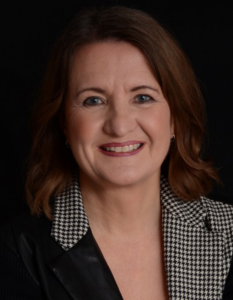Your cart is currently empty!
By Itziar Arispe, Patti P. Phillips, Martha McGuire and Greet Peersman
22 May 2020
Originally published on www.unssc.org
Throughout the world, the Covid-19 pandemic is creating challenges of unprecedented magnitude. Efforts are ongoing to contain the devastating health, economic and social consequences. The international community has intensified its response. At a moment of intense pressure for urgent action, the risk is high of investing in ineffective, unequitable and unsustainable programmatic and policy interventions. Given this unprecedented situation, how can evaluation help to improve decision-making and address the impacts of this crisis while ensuring that no one is left behind?
We asked three UNSSC faculty experts to tell us how they see the evaluation community repositioning itself to adapt to this crisis, and what will be the role of evaluations in understanding how the “after” will be.
During this extraordinary time, the importance of thorough evaluations is more crucial than ever. The United Nations is mandated to show Members States, donors, and other stakeholders how it has achieved impact, and what kind of improvements should be made in the future. This has been essential in the past, and it takes on even greater urgency now.
The responses we received highlight that rigorous evaluations that address complexity and contribute to transformational change will deliver credible evidence regarding the lessons learned from this crisis and will help us rebuild our world for the better.
Evaluations to inform decision-making
Patti P. Phillips, Chief Executive Officer, ROI Institute, Inc.
Demonstrating programme benefits compared to programme costs has always been important. The impact of Covid-19 on society and the economy makes it even more important. Resources are being reallocated, and information that can adequately inform those decisions is critical. Good evaluation that tells a complete story of programme success and the risks and rewards of taking action will become invaluable as programmes are being reviewed and policies are being reconsidered. Our opportunity in programme evaluation has never been greater.
We need, however, to adapt to this new reality. Successful evaluation during a crisis such as this one requires the ability and willingness to be creative. Opportunities to observe, engage, and build rapport with the target population are mitigated by the challenges of coming into contact with people and the risks for the evaluator. Other strategies must be put into place, including the use of technology when possible. As evaluators, I believe, we have to consider the path on which a programme evaluation is currently laid, and identify alternative paths that will provide good enough data to provide insights necessary to adjust programmes to achieve ultimate outcomes. Attempting to achieve absolute answers through programme evaluation is hard work in good times – during a crisis such as Covid-19, it is an even farther reach. Our willingness to pivot and accept less perfection while maintaining a quality standard has never been more important.
Developmental Evaluation to better plan ahead
Martha McGuire, President, Logical Outcomes
We are in the midst of the Covid-19 pandemic, and wondering when we can get back to normal. A couple of key evaluation questions need to be addressed at this juncture. What actions to prevent the spread really work? What factors contribute to countries being able to come up with the right solutions? In which context and for whom do these factors apply? The answer to these questions can be found through Developmental Evaluation, as this type of evaluation is responsive to context and is suited to complex situations, providing real-time feedback to governmental authorities. So, how can we plan and implement such an evaluation? What adaptations are needed? The planning will be pretty much the same as for any other evaluation. The real challenge comes with data collection since an important part of the process will be done virtually. However, if we manage to do retrospective evaluations of what worked well to curb the spread, these can be used to plan proactively for a response to the next pandemic. Evaluation can play a key role in improved responses the next time.
A transformative role for evaluations
Greet Peersman, Director, Monitoring and Evaluation Capacity-strengthening, Better Evaluation
The Covid-19 crisis has highlighted the persistent inequities in our societies. Many of those who were already disadvantaged or excluded have been pushed even further back. The 2030 Agenda requires the role of evaluation to be ‘transformative’ to overcome the root causes of inequality and discrimination through sustainable development, and address the interconnection of all different elements operating in social structures. If it’s true that some evaluations already pay appropriate attention to power relations, many others do not. Evaluations have to provide insight into differential effects of interventions, taking into account the multidimensional nature of disadvantage and the perspectives of marginalized voices (e.g., gender, sexual orientation, age, income, ethnicity, ability, status or religion). The findings from ‘inequity blind’ evaluations are bound to seriously mislead decision-making, which may well do harm. We need to step up; not just have commitments and principles, but a clear code of conduct linked to transparent accountability processes – for those doing evaluations as well as for those commissioning, managing or using evaluations.
The opinions expressed in our blog posts are solely those of the authors. They do not reflect the opinions or views of UNSSC, the United Nations or its members.


























